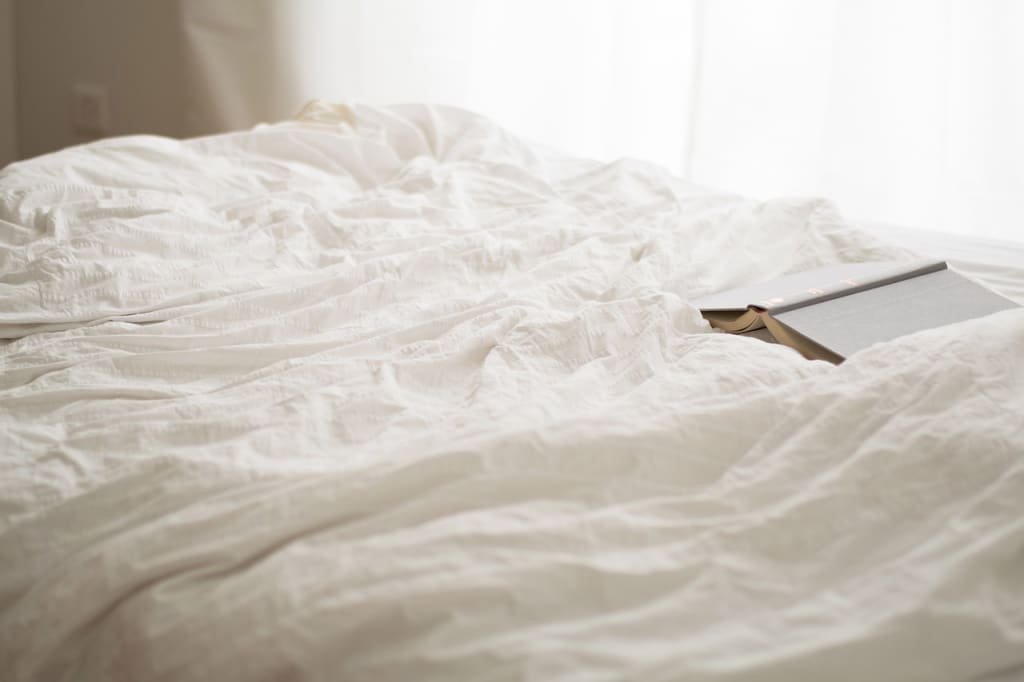
Sleep is an essential pillar of our overall well-being, yet many of us struggle to get the quality and quantity of sleep our bodies need.
In today's fast-paced world, with constant stimulation and demanding schedules, it's important to prioritize good sleep hygiene practices to ensure restorative and rejuvenating sleep.
It's time to unveil the world of sleep hygiene, exploring effective strategies and techniques to improve your sleep quality.
Get ready to discover the secrets to a good night's sleep and wake up feeling refreshed and energized each morning.
Understanding the Importance of Sleep
Before diving into the specifics of sleep hygiene, it's crucial to grasp the significance of sleep for our physical, mental, and emotional well-being.
Sleep is a time when our bodies repair and regenerate, and our brains consolidate memories and process information. It plays a vital role in immune function, cognitive performance, mood regulation, and overall health.
Recognizing the value of sleep motivates us to prioritize and optimize our sleep habits.
Establishing a Consistent Sleep Schedule
Setting a regular sleep schedule is one of the fundamental aspects of sleep hygiene. Aim to go to bed and wake up at the same time every day, even on weekends.
This helps regulate your body's internal clock, promoting a consistent sleep-wake cycle. Create a relaxing bedtime routine to signal to your body that it's time to wind down and prepare for sleep.
Creating a Sleep-Friendly Environment
Your sleep environment can significantly impact the quality of your sleep. Create a calm, comfortable, and dark sleep environment. Keep your bedroom cool, quiet, and well-ventilated.
Invest in a supportive mattress and pillows, and use blackout curtains or an eye mask to block out any unwanted light. Consider using white noise machines or earplugs to minimize disruptions from external noise.
Limiting Exposure to Electronic Devices
The blue light emitted by electronic devices such as smartphones, tablets, and laptops can interfere with your sleep-wake cycle.
Limit your exposure to these devices, especially in the evening hours before bed. Establish a "digital curfew" at least one hour before bedtime and engage in relaxing activities such as reading a book or taking a warm bath instead.
Practicing Relaxation Techniques
Incorporating relaxation techniques into your bedtime routine can help calm your mind and prepare your body for sleep. Deep breathing exercises, progressive muscle relaxation, meditation, or listening to soothing music can promote relaxation and reduce anxiety.
Experiment with different techniques to find what works best for you.
Avoiding Stimulants and Heavy Meals Before Bed
Avoid consuming stimulants such as caffeine and nicotine close to bedtime, as they can interfere with your ability to fall asleep. Additionally, refrain from consuming heavy meals or large amounts of fluids close to bedtime, as this can lead to discomfort and frequent trips to the bathroom during the night.
Regular Exercise
Engaging in regular physical activity can significantly contribute to improved sleep quality. Aim for at least 30 minutes of moderate-intensity exercise most days of the week.
However, avoid exercising too close to bedtime, as the stimulation can make it more challenging to relax and fall asleep. Find a balance that works for your body and incorporate exercise into your daily routine.
Managing Stress and Worry
Stress and worry can wreak havoc on your sleep quality. Implement stress management techniques such as journaling, practicing gratitude, or engaging in relaxation exercises to alleviate anxiety and promote a sense of calm before bed.
Consider setting aside time earlier in the day to address any concerns or worries, allowing your mind to relax when it's time for sleep.
Limiting Napping
While short power naps can be beneficial for some individuals, excessive daytime napping can disrupt your sleep schedule and make it harder to fall asleep at night.
If you feel the need to nap, keep it short (around 20-30 minutes) and avoid napping too close to bedtime.
Seeking Professional Help When Needed
If you have tried various sleep hygiene practices and continue to struggle with sleep issues, it may be beneficial to seek professional help.
Consult with a healthcare provider or a sleep specialist to evaluate any underlying sleep disorders or conditions that may be affecting your sleep quality.
They can provide tailored guidance and recommend appropriate interventions to help you achieve restful sleep.
Sleep Is Your Friend
In a world filled with distractions and responsibilities, prioritizing good sleep hygiene is paramount for our overall well-being.
By implementing the strategies and techniques outlined in this article, you can create an environment conducive to restorative sleep and develop healthy sleep habits.
Remember, improving your sleep quality is a journey that requires consistency, patience, and self-care. Embrace the power of a good night's sleep and experience the transformative effects it has on your physical, mental, and emotional health.
Sweet dreams!
About the Creator
Gary Cook
I love writing! My goal is to share my knowledge with you.
Follow me to read about health & well-being, sport & fitness, positivity & motivation, food & nutrition, travel, parenting & family and more.






Comments
There are no comments for this story
Be the first to respond and start the conversation.